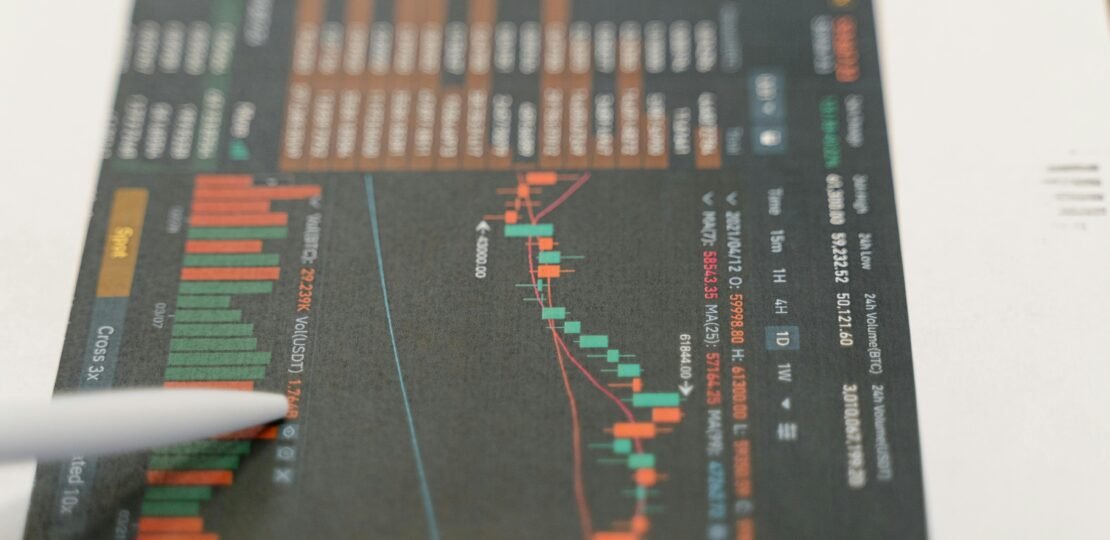Nvidia Loses $600B in Market Cap as DeepSeek Shakes Up the AI World
The AI Game Just Changed Forever
DeepSeek, a Chinese AI startup, just dropped a BOMBSHELL on the AI industry with its R1 model. This isn’t just another tech release—it’s a seismic shift that’s sending shockwaves through the market. And Nvidia? They’re feeling the heat BIG TIME.
Here’s the deal: DeepSeek’s R1 model is outperforming U.S. competitors while using LESS compute power and FEWER resources. That’s like beating a Ferrari with a Prius. But while this is a win for AI innovation, it’s a gut punch for Nvidia, the semiconductor giant that’s been riding high on the AI hardware wave.
Nvidia’s Stock Takes a Nosedive
From Friday to Monday, Nvidia’s stock plummeted a jaw-dropping 16.9%, wiping out nearly $600 billion of its market cap. Let that sink in. That’s more than the GDP of some countries. Here’s the breakdown:
- Friday Close: $142.62 per share
- Monday Close: $118.58 per share
Why the crash? DeepSeek’s R1 proves that you don’t need ultra-expensive, high-end chips to build a killer AI model. And for Nvidia, that’s a nightmare scenario.
“DeepSeek is an excellent AI advancement and a perfect example of Test Time Scaling. Their work shows how new models can be created using widely-available compute that’s fully export control compliant.”
Nvidia Spokesperson
The U.S.-China AI Battle Heats Up
This drama comes just one week after former President Joe Biden signed an executive order restricting U.S. AI chip exports to countries like China. Nvidia called the move “unprecedented and misguided,” warning it would stifle innovation. But guess what? President Donald Trump reversed Biden’s order and launched the Stargate Project, a $500 billion AI infrastructure program.
DeepSeek’s rise is a wake-up call: If the U.S. wants to dominate AI, it can’t just rely on chips and hardware. The game is changing, and the stakes have never been higher.
The Bottom Line
DeepSeek’s R1 isn’t just a model—it’s a MESSAGE. The AI industry is evolving faster than anyone predicted, and companies like Nvidia need to adapt or risk being left behind. The question is: Who’s ready to play the new game?



